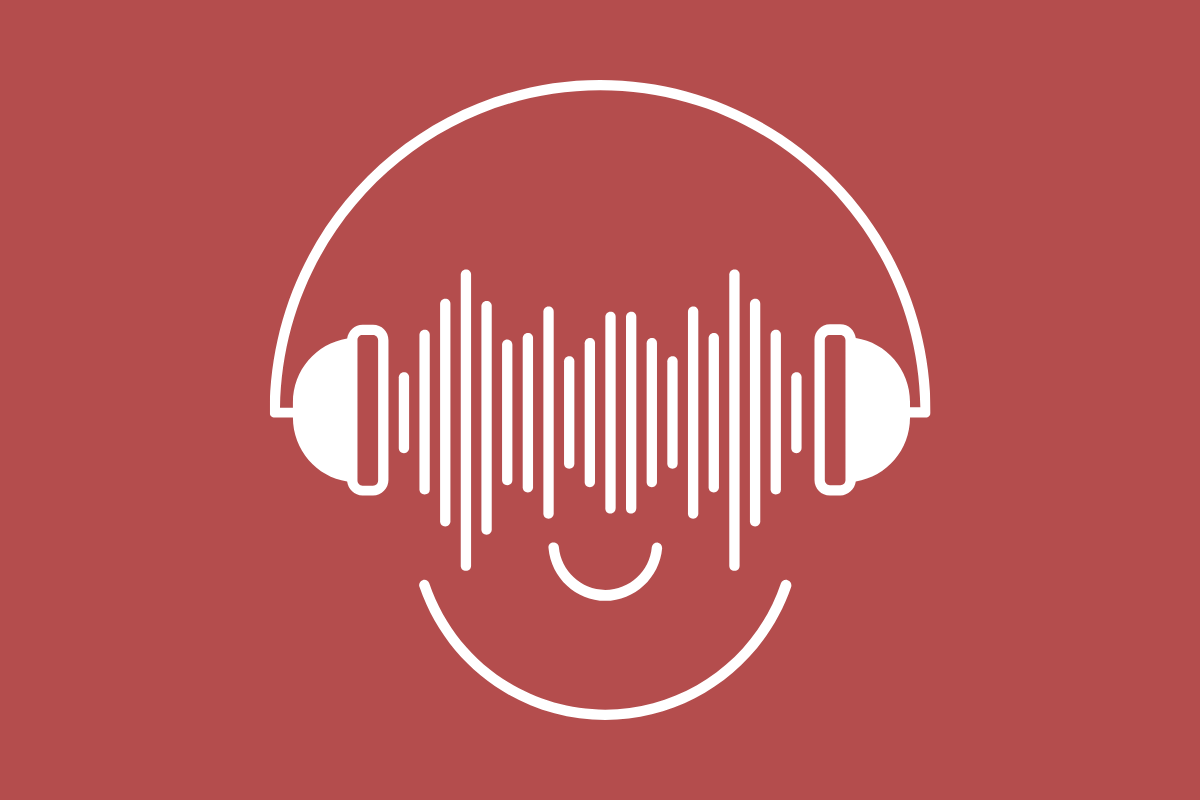The music industry is no stranger to legal dispute. From high-profile cases such as Metallica, et al. v. Napster, Inc. to the many legal trappings that accompany artists throughout the creative process, the law has continued to evolve along with music.
Among the 11 Student Practice Organizations (SPO) at HLS, the Recording Artists Project (RAP) focuses on this certain niche. RAP provides pro bono legal assistance on music business matters, such as contract review/negotiation, copyright law, and other transactional work to both local and national musicians. Established in 1998 by Clinical Professor of Law Brian Price, RAP also boasts a cohort of alumni that includes prolific music business attorney Aaron Rosenberg ’02, who has represented Justin Bieber, John Legend, Jennifer Lopez, and more.
“The law plays a really important role in deciding who has access to creative expression, and giving free legal representation to those who can’t afford it is a key first step in making sure that the music industry as a whole is more welcoming to diverse voices,” said RAP Oversight Director Chris Zheng ’22.
Giving free legal representation to those who can’t afford it is a key first step in making sure that the music industry as a whole is more welcoming to diverse voices.
–Chris Zheng ’22
This commitment rests at the core of RAP’s mission: promoting accessibility by de-mystifying relevant areas of law to musicians without a legal background or without the means to pay for representation, especially musicians who are just beginning their careers.
“Providing simple, understandable legal counsel … is a way for us to serve the community as well as give students valuable educational experience.” said Events Co-Director Anil Partridge ’22.
It’s no surprise that many members of RAP come from artistic and/or musical backgrounds. Beyond pro bono work, RAP serves as an incubator where those interested in the intersection of music and law can share resources and ideas.
“I didn’t know where I was going to find community at law school,” said co-president of RAP Lowry Yankwich ‘21. “RAP was a nice way to keep music in my life and having a group of people to connect with over a shared passion is really important to me.”
For Partridge, his experiences in music and law allow him to feel more invested in his clients.
“We were able to restore ownership to material that was a personal expression [of the client’s],” he said, speaking about a client he helped work through an authorship concern. “It became more than reclaiming an economic right. I’m a musician myself and I felt that I was able to really connect with this client.”
RAP doesn’t solely cater to recording artists, they work with clients in other areas of the field as well, including but not limited to producers and record labels. This varied clientele is a result of consistently fostered relationships with organizations in the Greater Boston area and beyond.
RAP’s focus on local musicians manifests in a long-standing partnership with the Berklee School of Music, where they assist students and alumni with reviewing contracts regarding issues such as band agreements and sharing rights.
It became more than reclaiming an economic right. I’m a musician myself and I felt that I was able to really connect with this client.
Anil Partridge ’22
RAP also aims to reach larger audiences through hosting general workshops that outline major concepts in music law. In 2019, RAP attended and provided pro bono sessions at Mondo.NYC, an annual music, arts, and technology conference in New York City. Since then, they have expanded their involvement through the 2020 conference’s Continuing Legal Education Program, with student members returning to provide a virtual version of their pro bono sessions and Yankwich serving on Mondo.NYC’s 2020 Steering Committee for their Music & Tech Law Symposium.
In the era of COVID-19, both the music industry and the delivery of legal services have undergone drastic changes. Zheng and Lowry mentioned that, with many artists switching to live steaming concerts on platforms such as YouTube and Instagram and looking to other sources of revenue, the rise of new legal issues is inevitable. Without in-person meetings, advising clients presents new challenges.
For RAP, it has been a somewhat familiar adjustment. Due to the nature of their work, RAP has been conducting meetings and calls virtually since before the normalization of remote work. If anything, this has allowed them to expand their reach even further.
“One silver lining is that people have been becoming increasing comfortable with remote interactions,” said Yankwich. “We’ve talked to people in D.C., in Texas, in California. We don’t really have to think of ourselves as helping strictly Boston locals.”
COVID-19 has been such a wrench in the machine but there are still all these musicians out there making music, getting online, holding concerts virtually, and just trying to make do. That has been an inspiration for me in my work at RAP and in this particular time
–Lowry Yankwich ’21
As the students at RAP continue to bring direct legal services to musicians across the country, some look to the resilience of those in the industry for inspiration.
“COVID-19 has been such a wrench in the machine but there are still all these musicians out there making music, getting online, holding concerts virtually, and just trying to make do. That has been an inspiration for me in my work at RAP and in this particular time,” said Yankwich.
Ultimately, over the 20 odd years since its inception, RAP continues to advocate for the voices of musicians and music professionals everywhere.
“I think the arts are the primary vehicle [for] the voices of other people. It’s important to ensure that anybody who wants to be a part of the field can. I think protecting these voices and helping them from the legal side is so critical,” said Zheng.
